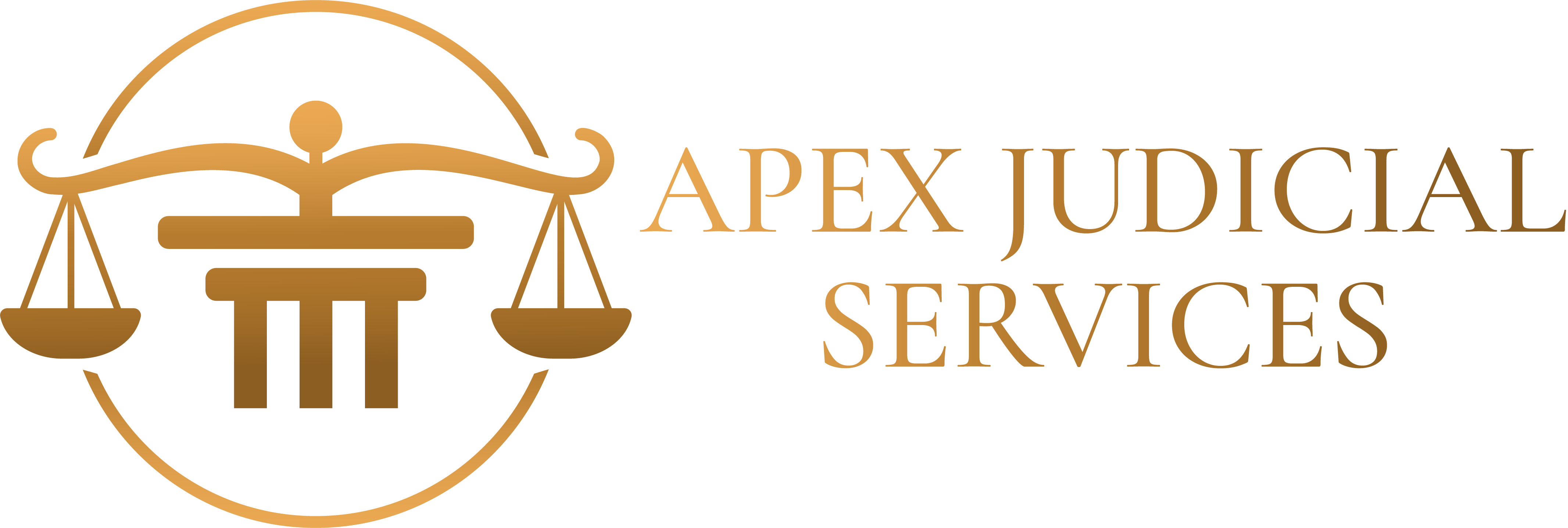Description
Choose the Right Form:
Select the appropriate business tax form based on your business structure. For example, use Form 1120 for a corporation, Form 1065 for a partnership, or Schedule C for a sole proprietorship.
Gather Financial Records:
Collect all financial records, including income statements, balance sheets, and receipts for expenses. Ensure accurate and organized documentation.
Calculate Business Income:
Determine the total business income, including sales, services, and any other sources. Subtract eligible business expenses to calculate the taxable income.
Deductions and Credits:
Identify eligible business deductions and credits. Common deductions include expenses for rent, utilities, employee wages, and depreciation. Utilize credits for which your business qualifies.
Depreciation:
Account for depreciation on assets if applicable. Different methods (straight-line, MACRS) may be used, so choose the one that suits your business.
Fill Out the Tax Form:
Complete the relevant tax form with accurate financial information. Follow the instructions provided with the form.
E-file or Mail:
Depending on your business structure, choose to e-file the tax return or mail a physical copy to the tax authorities.
Pay Taxes:
If you owe taxes, make the payment by the due date. The deadline varies based on your business structure.
Extensions (if needed):
If more time is needed, file for a tax extension. Keep in mind that an extension to file doesn’t grant an extension to pay taxes owed.
Recordkeeping:
Maintain detailed records for at least three years. This includes tax returns, financial statements, and supporting documentation.
Compliance:
Stay informed about changes in tax laws and ensure ongoing compliance with all tax regulations.
Professional Assistance:
Consider seeking the help of a tax professional or accountant to ensure accuracy, compliance, and to take advantage of all available deductions.
Adhering to these steps and maintaining accurate financial records is crucial for a smooth and compliant business tax filing process.







Reviews
There are no reviews yet.